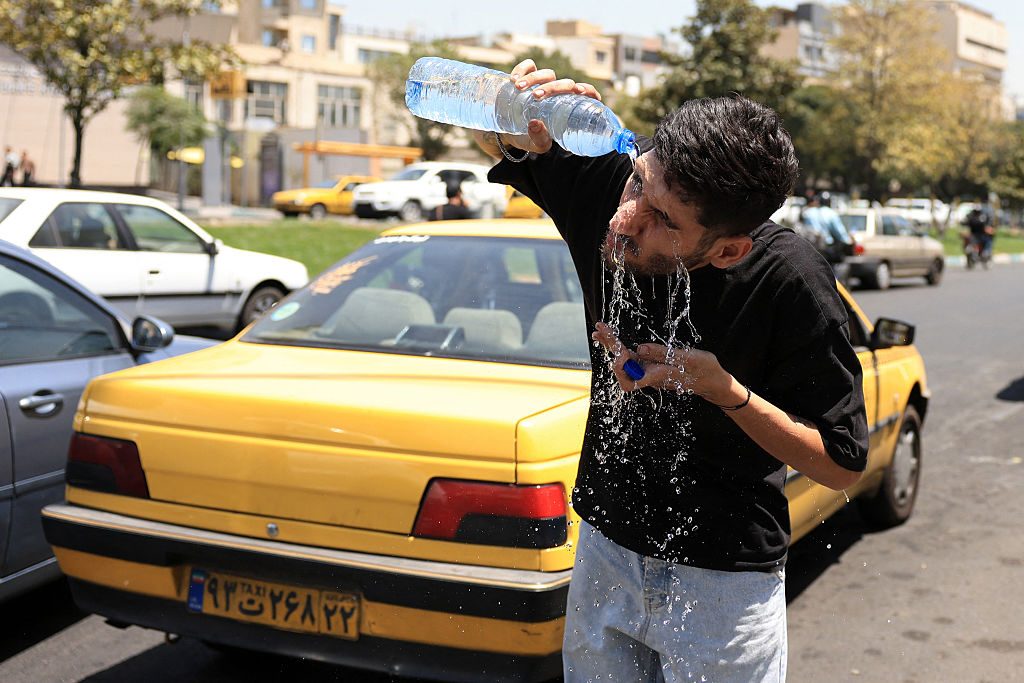Iran is in the grip of an escalating water and electricity crisis. This week, the Iranian government declared emergency public holidays in 18 provinces, including Tehran, as temperatures soared to nearly 50°F. According to official reports, reserves in the capital’s main dams have plummeted to their lowest levels in a century, with a five-year drought and record-low rainfall cited as the main reasons. Despite repeated warnings from environmental experts, the government appears to have been unprepared for what it has referred to as “the worst drought in 60 years”.
Shortages are widespread, but the regime’s primary concern is still the capital. “Tehran really has no water left, and if we continue like this, we won’t even be able to supply water to the people,” President Masoud Pezeshkian said during a cabinet meeting this week, attributing the crisis to climate change. However, his remarks made no reference to rising public criticism of the regime’s lack of preparation, nor did he offer an explanation for the worsening electricity outages.
“The regime has wasted our money on enriching uranium and expanding its nuclear program,” Mohammad, an energy expert based in Iran, told UnHerd. “They keep claiming the nuclear program is peaceful and meant for civilian use, including electricity generation, but where is that electricity now? Their ambition brought us sanctions, isolation and war, and yet it has not powered our homes.”
This frustration is beginning to spill into the streets. Reports have emerged of anti-regime protests in several cities, with residents using the cover of nightly blackouts to chant slogans such as “Death to dictators” from rooftops. Videos circulating on social media show security forces detaining protesters.
“I want to know if Khamenei is also suffering from power and water cuts,” one user wrote on social media. Another complained: “They don’t even bother to issue a timetable so we can plan around the water rationing.” The Islamic Republic has denied that rationing is planned, instead blaming “low water pressure in the pipes”, yet officials warn that full rationing could begin within weeks.
Last weekend, Israeli Energy Minister Eli Cohen posted a message on social media directed at the Iranian people. “I see your suffering and know that you don’t even have enough drinking water,” he wrote on X. “This is because your oppressive regime, instead of investing in water infrastructure, wasted resources on a failed nuclear program now consigned to the dustbin of history.” Taking aim at the Tehran government, he added: “Instead of addressing the needs of the Iranian people, they spend resources on terrorist branches in Lebanon, Syria, Yemen, and Gaza.”
In the wake of its war with Israel, Iran is now facing one of the most serious environmental and humanitarian crises in its modern history. The regime’s inability — or refusal — to invest in basic infrastructure is fast becoming a flashpoint, raising the question of how long it can continue to govern in the face of rising heat, empty dams, and growing public anger.










Join the discussion
Join like minded readers that support our journalism by becoming a paid subscriber
To join the discussion in the comments, become a paid subscriber.
Join like minded readers that support our journalism, read unlimited articles and enjoy other subscriber-only benefits.
Subscribe